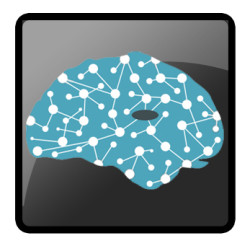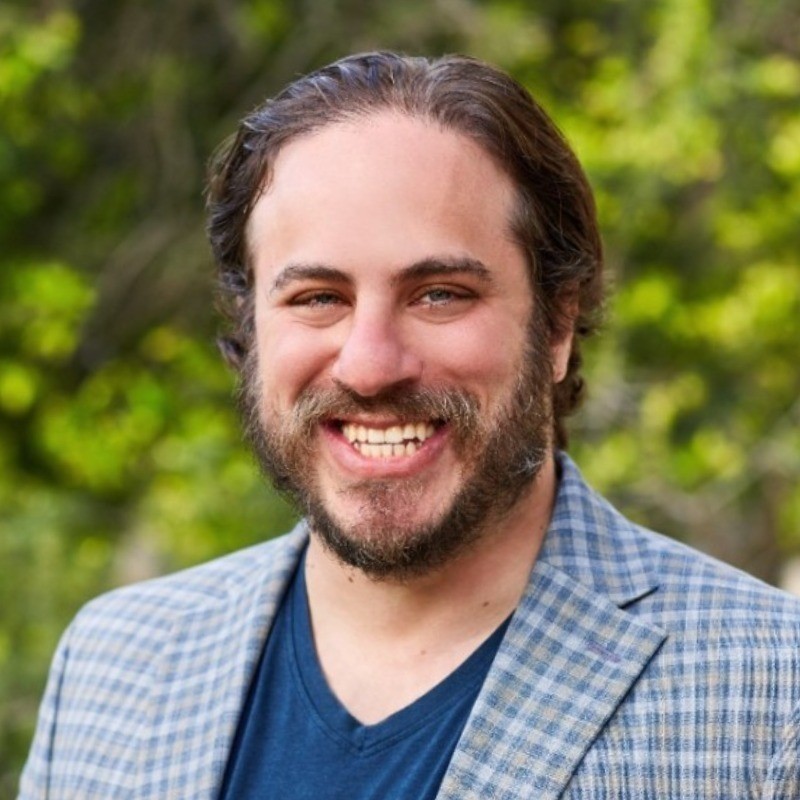Transforming Physician Recruitment with AI and Data - Dr. Jason Reminick, CEO & Founder, Thalamus
Connecting the dots between medical training and physician recruitment can significantly improve healthcare outcomes.
In this episode, Dr. Jason Reminick, CEO and Founder of Thalamus, shares how his company is transforming graduate medical education and physician recruitment with its innovative software. Drawing from personal experience, he explains how Thalamus streamlines residency and fellowship interviews by integrating with existing application services and offering real-time scheduling. He discusses the significant challenges healthcare systems face in physician recruitment and how Thalamus uses its extensive data to predict workforce trends and match doctors with hospitals that align with their goals. Dr. Reminick also highlights the impact of recent Series B funding on expanding Thalamus into broader physician recruitment and touches on medical students’ motivations for becoming doctors.
Tune in and learn how Thalamus is leveraging data and technology to build a more efficient and effective physician workforce!
About Jason Reminick:
Jason Reminick, MD, MBA, MS, is the visionary CEO and Founder of Thalamus, a premier cloud-based interview management platform revolutionizing graduate medical education. A Stanford-trained physician with a distinguished academic record, Jason excels in both medicine and entrepreneurship. His innovative approach, highlighted by notable research and awards, bridges clinical practice with transformative technology. Rooted in humanistic values and fueled by relentless curiosity, he inspires future leaders in medicine and beyond, embodying a balanced blend of expertise and compassionate innovation today.
Things You’ll Learn:
There are 8000 residency and fellowship programs in over 800 institutions that are utilizing Thalamus technology.
Physician recruitment is expensive, with hospitals spending an average of $250,000 in direct costs per physician hired. It can take six months to fill a role. Because of those 6 months to fill a role, they can lose $2 million in clinical revenue.
Hospitals are recruiting for their major league teams without knowing who they even have in their minor league systems.
Medicare spends $16 billion a year to incentivize hospitals to train residents. Thus, retaining those doctors is more cost-effective than recruiting from the open market.
Thalamus uses AI to standardize and normalize medical school grades, providing a more consistent basis for evaluation.
Resources:



